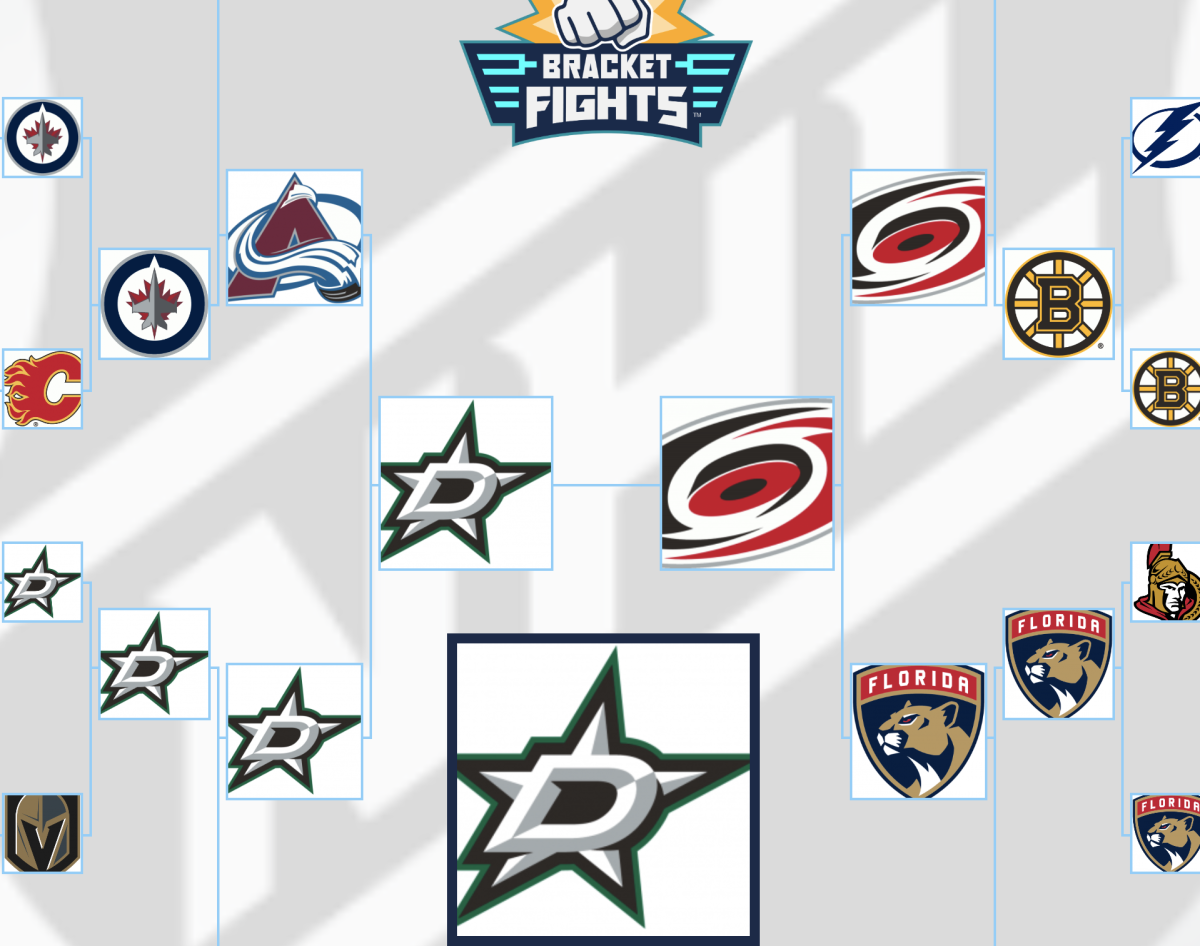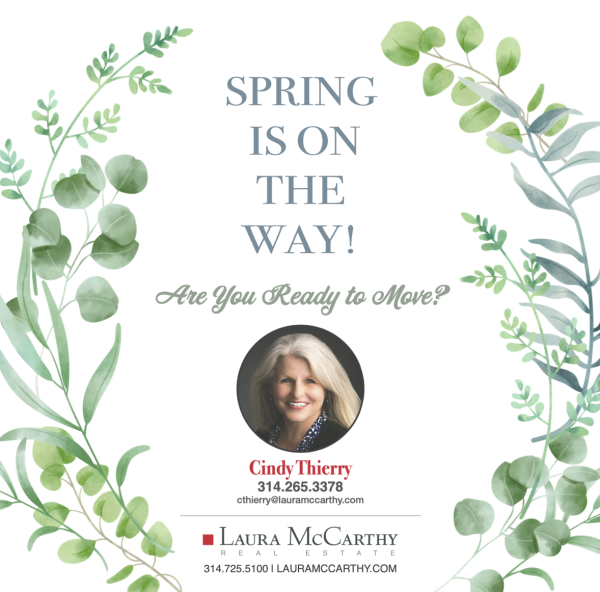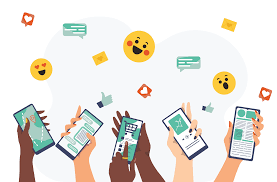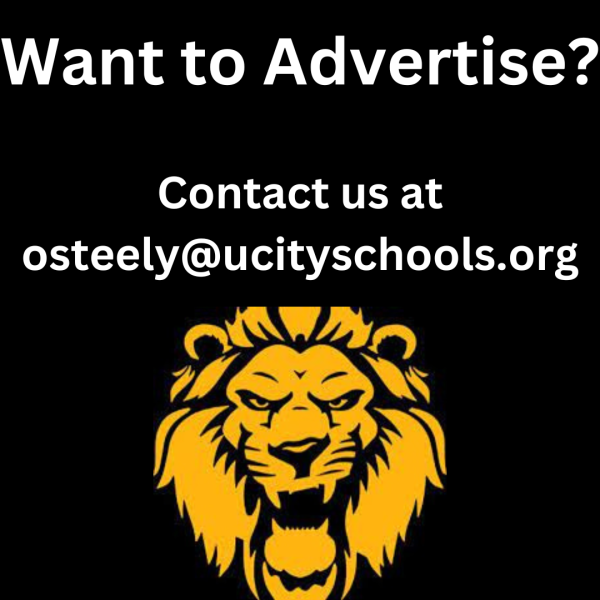Watch your language-certain words offend others
November 6, 2017
One might have heard them shouted in the halls during passing periods, muttered in classes, used in casual conversation and utilized by online trolls. Derogatory language in almost every culture takes on different forms and meanings depending on context, time, race, perspective and ability. When can we determine if a word is used too loosely? Where is the grey area that makes a term that is generally considered disrespectful or hurtful to one group of people, but totally OK to someone else? Why might someone getting bullied be considered “just a joke” and even received positively by the preconceived “victim?”
In recent years, a new generation of people have adapted a politically correct sentiment towards certain ideologies and terminology, and although some might feel that this is something to strictly follow, others don’t believe that it should be written in stone. The English language has proven to be flexible in order to suit the needs of the user. One of the many terms that have been used for many different reasons is “gay” (and other more explicit variations). A long time ago it meant “happy,” and eventually went through a phase where it was the politically correct term.
“Kind of like ‘retarded’ brings up the idea that there are other cultures besides race, there is the youth cultural norms, so some words might be more offensive to others,” Philip Parrish, English teacher, said. “We are the ‘newer, more progressive era,’ [which is just a reflection on how] chronocentric we are. Anyone else who isn’t ‘politically correct’ makes them sound ‘less enlightened’ when the difference is that our values have changed. Whenever I try to [refer] to a group of people, I try to put the word ‘people’ before [their classification], instead of ‘gay people’ I say people of diverse sexuality or people or something along those lines. People aren’t less enlightened, although I talk to them in model form.”
Celebrities and idolized people, including record-breaking artists, actors, or people in positions in power have managed to either lose or gain the respect of fans and followers. People like Cardi B, the raptress, has been scrutinized for their moral code. She has been viewed as ground-breaking with her hit “Bodak Yellow,” racing to the top of the charts, becoming a role model for Afro-Latinos, women and other minorities and has been praised for not conforming to an idealistic image of a submissive women, instead embodying a brazen attitude towards any conflict.
However, her tweets have been questioned especially after saying numerous times “I’m retarded,” which of course is seen by her as meaning “goofy, dumb, ridiculous, wild.” In addition, the clothing and setting used in her music video for “Bodak Yellow” has managed to offend some. She and her entourage have shot back with saying that because of the fact that she grew up in the Bronx, then it should be OK. Further, Cardi B. argues they use these words differently in the Bronx so it shouldn’t be a big deal.
The word “retarded” is used often in our community for very much the same reason. It is the other word besides “gay” that is consistently brought up in reference to this particular discussion.
“‘Retarded’ is supposed to be a medical [term], it’s rude because of that,” Kathleen Murphy, senior, said. “It’s offensive to the kids who are actually [mentally retarded], it’s saying that someone is ‘stupid’ and idiotic, it’s used in a negative context.”
Cardi B. isn’t the only one of course to casually use offensive words, it’s seen everywhere, even with the current President of the United States, Donald Trump. Once a reality show star, socialite and wealthy real estate developer, as soon as he began to campaign the attention was drawn towards his previous explicit comments about women and his boasting, caught on camera about groping them, displaying a sexist attitude and only for many supporters to excuse this as “locker-room talk.”
It has been almost a year since Trump’s inauguration and he has continued to give even some of the people of his own administration (many of whom have either resigned or been fired) a reason to question his ability to make the right decisions and manage his image. Actions may speak louder than words but the things he has done only mirror the things he has said (usually via Twitter).
“[Social media] makes it easier to hide and unfortunately in this day and age there has been a trend towards having the ability to be evil, anonymous and disrespectful, and cowardly and anonymous,” T. Herbert Jeffrey, assistant principal, said.
The rise of Twitter, Facebook, Instagram and other forms of social media has changed the landscape of communication and often make it easier to exchange ideas, both negative and positive, thus influencing the next “politically correct wave.” Like a moth to a flame, people tend to gravitate towards the more interesting things, which are typically unusual and taboo, and because of that, the media will continue to feed the masses (most of which consist of the youth) with more sinfully juicy gossip to satisfy the need to know and gain some understanding of the world around us.
“People usually don’t like to say things to people in person because they don’t want to start drama and make the situation harmful,” Cory Barber, sophomore, said.





































